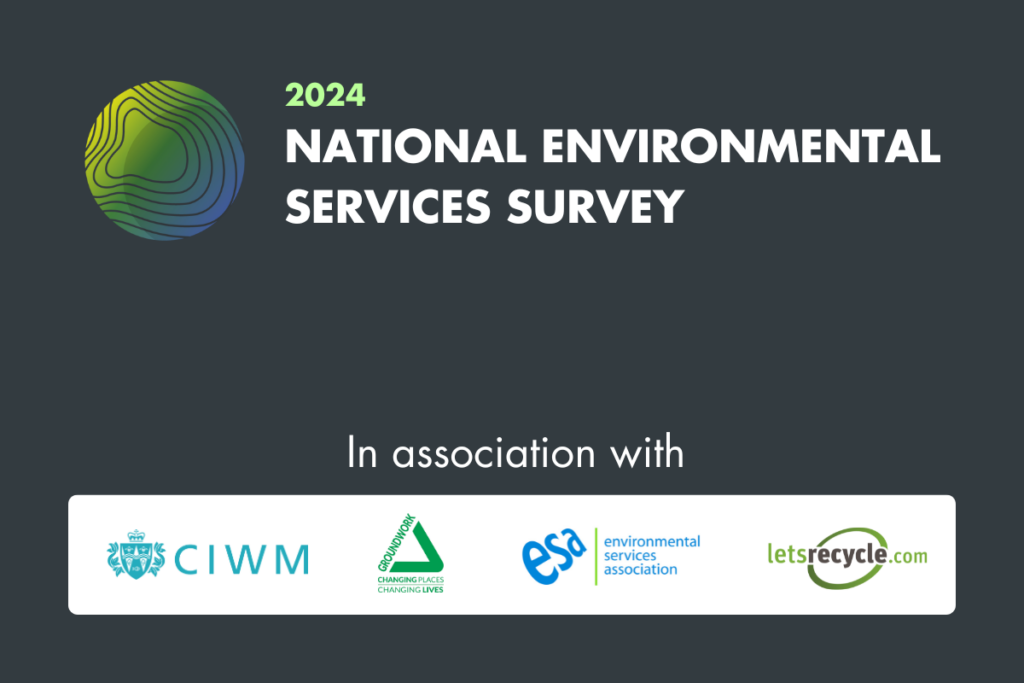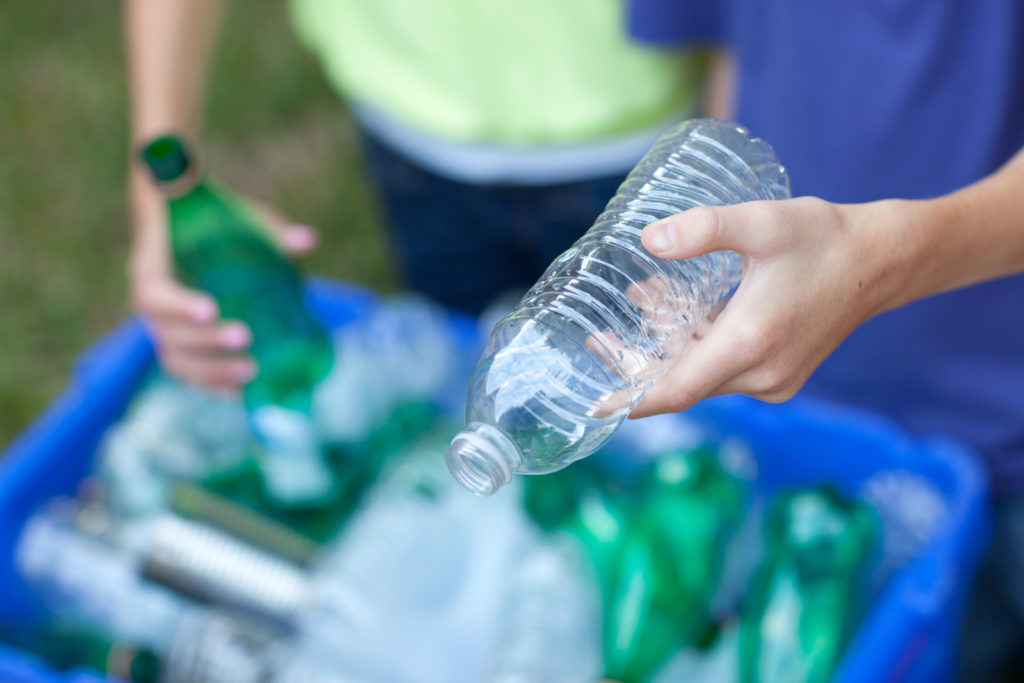The company took control of a site near Pontypool in Gwent from Rechem in 1990 to operate an incinerator there, but has now earmarked the site as the location for a new MBT facility. Shanks is currently preparing a planning application for the venture.
Ray James, technical officer for the company said: “We've had three planning meetings so far and we're preparing a planning application which we will submit by the end of the year.”
The waste management firm does not have a contract to treat the residual waste from surrounding councils as yet, but Mr James said the aim was for the plant to serve residents in the Torfaen and Blaneau Gwent areas.
He explained that Shanks would use the MBT technology from its Italian partner company Ecodecco, which is also being used at plants being built for its contract with the East London Waste Authority.
If built, the plant could become the first MBT facility in Wales. MBT uses a combination of physical separation techniques and composting to recover materials from mixed or residual waste. A plant could typically divert 40 to 50% of the input waste from landfill, producing a residue that could be used as a fuel or as landfill cover.
Joining up
Speaking to letsrecycle.com, Shanks municipal development manager Richard Jones said the large number of councils in a small area makes waste management in Wales difficult. There are 22 councils in Wales, and each is a unitary authority dealing with both waste collection and disposal responsibilities.
There is a push for the 22 councils to be formerly divided into three regional areas, with a feeling within industry that this could improve the situation.
Richard Jones, municipal development manager at Shanks, said: “We do work with smaller councils, but it makes getting the 'c;ritical mass' of waste, which can help with the financing of a residual waste facility, difficult.
“Local composting and recycling solutions can be done, but you can’t build a residual waste facility that will be half empty of waste as it would struggle with funding. Joining councils together could ensure that mass,” he added.










Subscribe for free